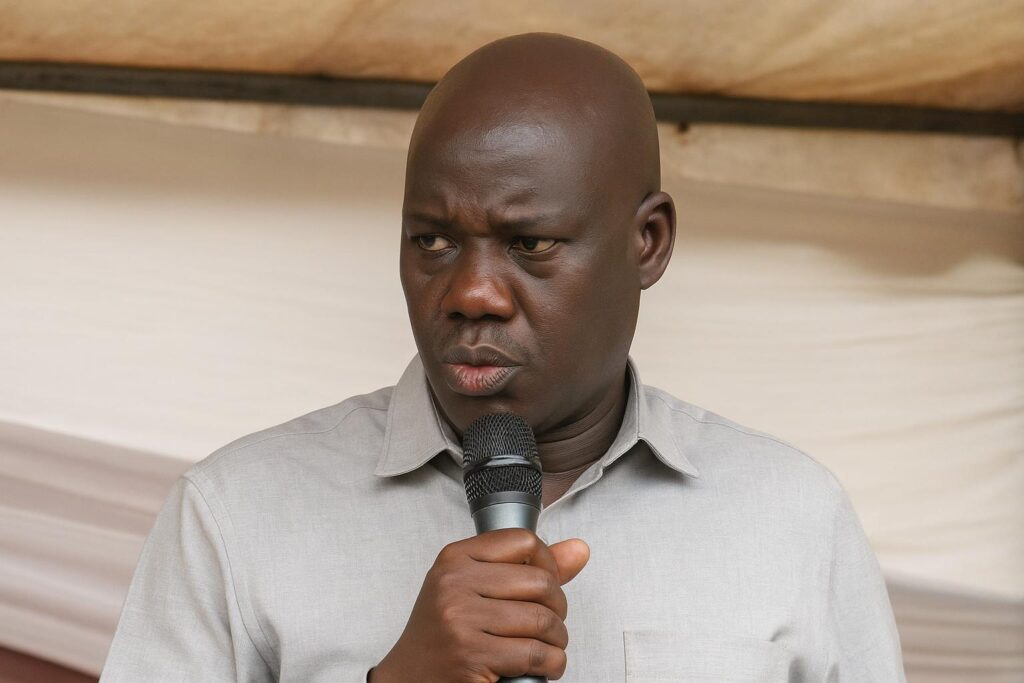Lightning Reshuffle in South Sudan Oil Ministry
A presidential decree broadcast on the state-run SSBC reassigned Dr. Chol Deng Thon Abel from undersecretary of petroleum to technical adviser in water resources, barely seven days after his swearing-in. Deng Lual was simultaneously restored to the post, with no official explanation given by Juba.
Career Highlights of Dr. Chol Deng Thon Abel
An engineer trained in Khartoum and Aberdeen, Dr. Chol previously steered the state-owned Nile Petroleum Corporation. He announced bids for fourteen new blocks, pledged local capacity building and targeted 2027 for national operators to assume control of Blocks Three and Seven.
Colleagues credit him with insisting on transparent reporting and downstream infrastructure, notably the planned Palouge refinery expansion. Civil society groups, however, questioned spending patterns under his watch, illustrating the competing narratives surrounding one of South Sudan’s most recognisable technocrats.
Governance Friction in a Critical Revenue Hub
Oil accounts for more than ninety percent of government revenue, making ministry stability politically sensitive. Since 2020, at least four undersecretaries and three ministers have rotated through the docket, each shuffle prompting fresh internal alignments within the unity government established after the 2018 accord.
Analyst James Okuk notes that rapid turnovers allow competing factions to ‘reset contract expectations without touching signed deals’, preserving outward continuity while recalibrating influence behind closed doors. The presidency rarely comments, arguing that executive discretion is necessary to keep the peace-time coalition functional.
Economic Repercussions for Producers and Partners
International joint-venture operators, including Malaysia’s Petronas and China’s CNPC, privately voiced concern over policy predictability, according to two executives briefed on the reshuffle. Yet cargo nominations at Port Sudan remain unchanged, suggesting that operational teams have absorbed the political turbulence for now.
Local market watchers believe the abrupt move could even accelerate planned institutional reforms if new and former officials cooperate to streamline approvals for exploration licences and cost-recovery audits. ‘Continuity depends on how personalities manage overlap,’ says economist Nyathon Bol.
Citizens React Amid Hopes for Oil Dividend
On Juba’s streets, the conversation is less about titles and more about fuel prices and salaries. Teacher Mary Aluel voices cautious optimism: ‘Whoever sits in that office, we just want the pipelines safe and the royalties reaching schools.’ Her sentiment echoes across social media discussions.
For now, the presidency’s swift reshuffle underscores the delicate balance between political calculus and resource management in Africa’s youngest state. How long the current line-up lasts will be watched closely by citizens, investors and regional governments reliant on South Sudanese crude.


